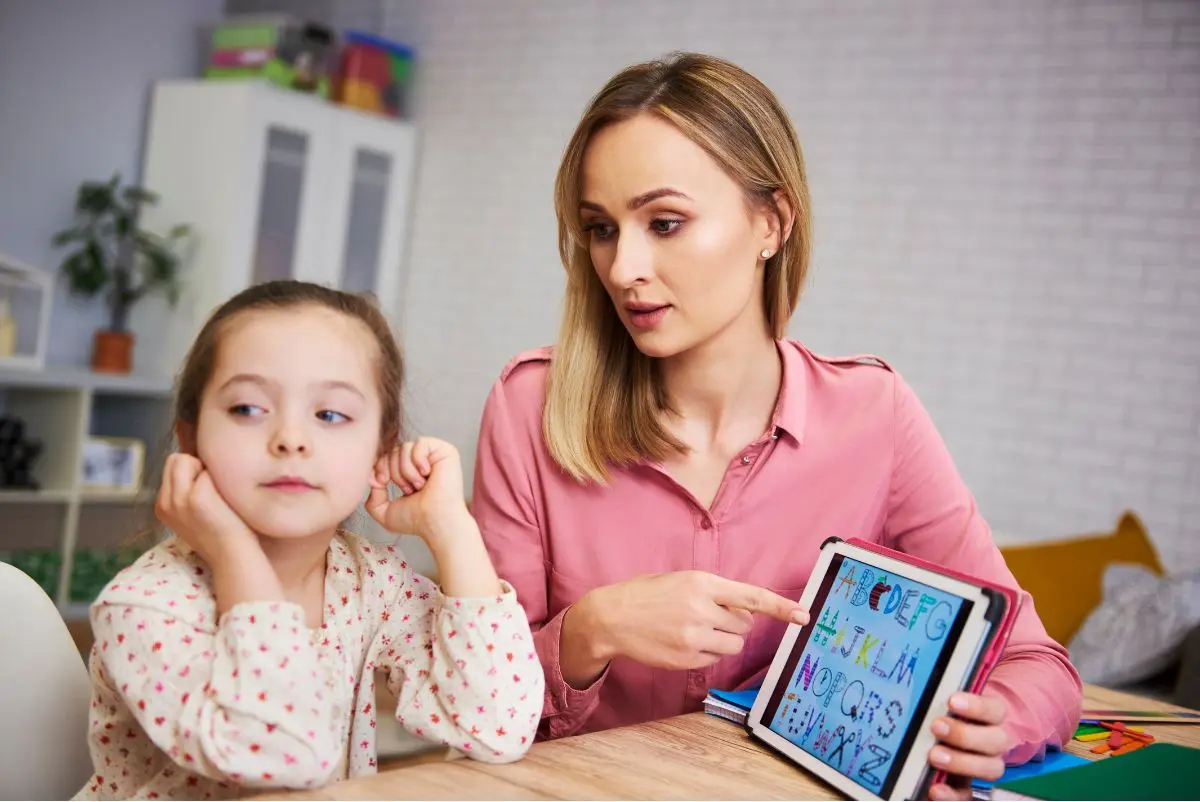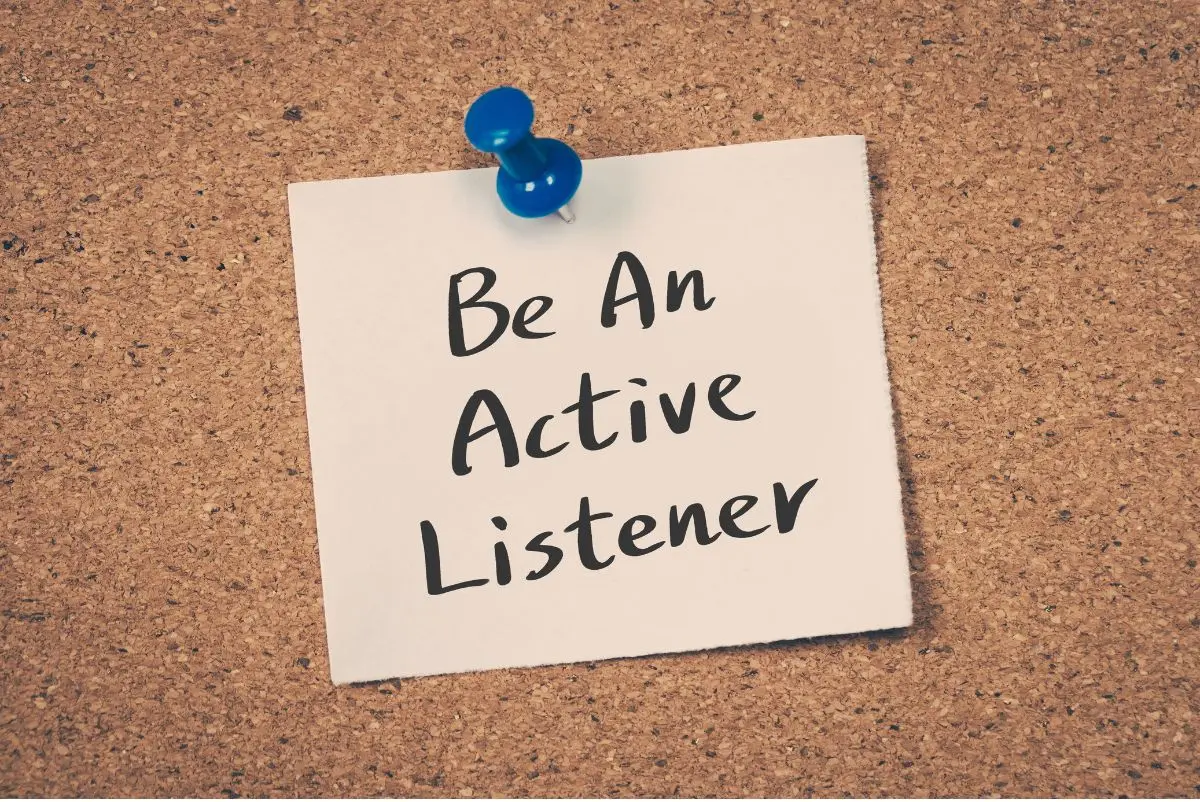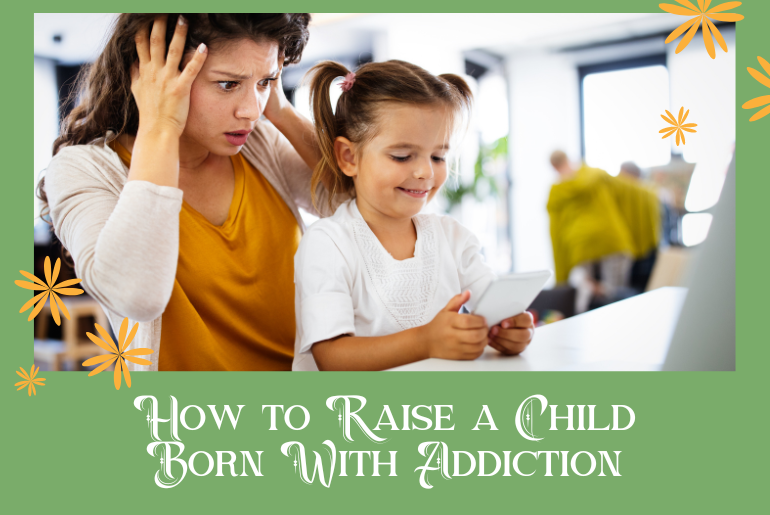When it comes to parenting, there are a plethora of skills and techniques that can help you connect with your child and support their growth. One such skill, often overlooked but extremely important, is active listening. In this post, we’ll look into the concept of active listening, its importance in parenting, how to practice it with your child, and ways to overcome common barriers to effective communication.
What is Active Listening?
The National Institutes of Health reveals that; Active listening is a communication technique that involves fully concentrating, understanding, and responding to what another person is saying. The goal of active listening is to enhance mutual understanding, foster trust, and create an environment where the speaker feels heard and valued.
The Components of Active Listening
Active listening comprises various elements, such as paying full attention to the speaker, empathizing with their emotions, reflecting on what is said, asking open-ended questions, and offering support. Each component plays a crucial role in ensuring effective communication and deepening connections between individuals.
Why Active Listening is Essential in Parenting
As a parent, active listening is vital to building a strong, healthy relationship with your child. It demonstrates that you care about their thoughts and feelings, which in turn helps them feel secure and confident. Active listening can also lead to better communication and understanding, allowing you to address any concerns, identify their needs, and support their emotional well-being.
The Impact of Active Listening on Your Child
When you practice active listening with your child, you’re setting a strong foundation for their emotional and social development. Children who feel heard and understood tend to have higher self-esteem, better problem-solving skills, and a greater sense of trust in their relationships.
How to Practice Active Listening with Your Child

1. Make Eye Contact
Eye contact is an essential aspect of active listening. It shows your child that you are engaged and attentive to what they’re saying. Be mindful of your body language, too, as it can convey your interest and empathy.
2. Be Present and Attentive
Focus on your child when they are speaking, without distractions like television or smartphones. Give them your undivided attention, and try to remain fully present in the moment.
3. Show Empathy
Empathy is the ability to understand and share another person’s feelings. Demonstrate empathy by acknowledging your child’s emotions and validating their experiences.
4. Use Reflective Responses
Reflective responses involve repeating or paraphrasing what your child has said, which can help you ensure you’ve understood their message and show them that you are genuinely engaged in the conversation.
5. Ask Open-Ended Questions
Open-ended questions encourage deeper conversation and help your child express their thoughts and feelings more effectively. These questions typically begin with “how,” “what,” or “why” and give your child the freedom to elaborate on their experiences.
6. Summarize and Clarify
After your child has shared their thoughts, briefly summarize what they’ve said and ask for clarification if needed. This demonstrates your willingness to understand their perspective and helps ensure you’re on the same page.
7. Offer Support
Once you’ve actively listened to your child, offer your support and guidance. This could involve problem-solving together, validating their feelings, or simply offering a comforting presence.
Common Barriers to Active Listening

1. Distractions
External distractions, such as noise or technology, can impede active listening. To overcome this, create a quiet, comfortable space for conversation and put away any devices that may interrupt your focus.
2. Preconceived Ideas
Entering a conversation with preconceived ideas or judgments can hinder your ability to listen actively. Keep an open mind and avoid making assumptions to create a more conducive environment for understanding.
3. Emotional Reactions
Strong emotions, like voice raising, can sometimes cloud our ability to listen effectively. If you find yourself getting emotional, take a step back, breathe, and regain your composure before continuing the conversation.
Tips for Overcoming Barriers
- Practice mindfulness to increase your awareness of the present moment and improve focus.
- Cultivate empathy by trying to put yourself in your child’s shoes.
- Practice patience and allow your child the time and space to express themselves fully.
FAQs
Why is active listening important in parenting?
Active listening is important in parenting because it helps build trust, fosters open communication, and supports your child’s emotional and social development.
What are some signs that I’m actively listening to my child?
Signs of active listening include maintaining eye contact, nodding in agreement, reflecting on what your child says, asking open-ended questions, and offering support.
How can I improve my active listening skills?
To improve your active listening skills, practice mindfulness, focus on your body language, be empathetic, ask open-ended questions, and avoid making assumptions or judgments.
How can I teach my child to practice active listening?
Model active listening behavior, create opportunities for conversation, and encourage them to ask questions, reflect on what others say, and empathize with others’ emotions.
Can active listening help with behavior issues?
Active listening can help with behavior issues by promoting open communication, fostering trust, and helping you better understand your child’s needs and feelings.
Bottom Line
Active listening is a crucial parenting skill that can greatly enhance the connection between you and your child. By practicing active listening techniques, such as making eye contact, showing empathy, and asking open-ended questions, you can foster better communication, strengthen your relationship, and support your child’s overall well-being. As with any skill, active listening takes practice and patience, but the rewards are well worth the effort.

Dedicated father, an accomplished psychologist, and an experienced educationist. With a passion for guiding parents on the rewarding journey of raising children, I am the perfect companion for all your parenting needs. My insightful and practical advice, coupled with my wealth of experience, makes me the go-to expert for all matters related to parenting. Follow this blog for a glimpse into the world of effective parenting and learn how to navigate the ups and downs of this beautiful journey with confidence and grace.




